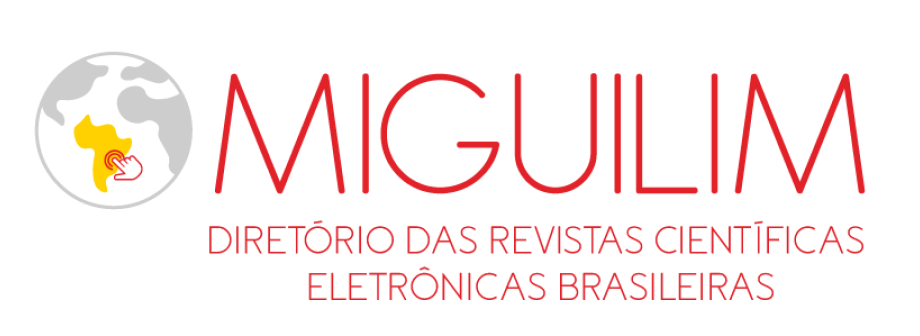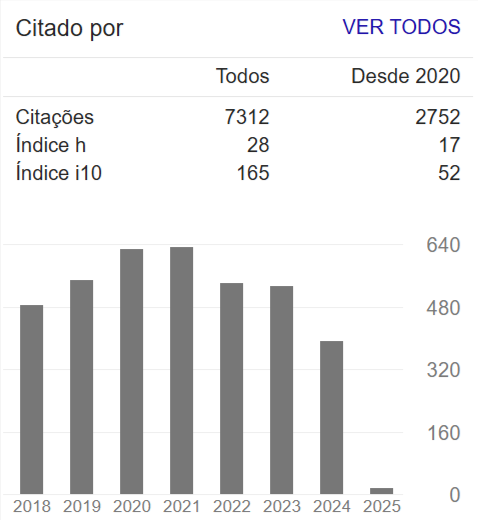Análise do sistema de captação de água com enfoque no rebaixamento do nível dinâmico dos poços da cidade de São Carlos-SP
Resumo
No estado de São Paulo, nos últimos anos, há uma crescente preferência ao uso da água proveniente de poços para o abastecimento público. Isso se deve à diminuição dos custos de bombeamento da água subterrânea e à deterioração da qualidade das águas dos rios. Todavia, esta decisão é geralmente realizada apenas com base em fatores econômicos. Para estudar a situação do sistema de abastecimento da área urbana do município de São Carlos, foi desenvolvido um modelo matemático de otimização linear inteira que considerou a captação e o rebaixamento do nível dinâmico dos poços e a captação dos rios em um período de 30 anos. Para testar os modelos, foram gerados dois cenários considerando diferentes custos para o rebaixamento do nível dinâmico. Vale ressaltar que este trabalho apenas considerou o rebaixamento devido a superexplotação e não ponderou outros fatores como a influência entre os poços e as condições de recarga do aquífero. As soluções obtidas indicam uma projeção otimizada para a proporção de captação de água subterrânea e a superficial. Os resultados apresentam a melhor solução encontrada em termos de minimizar os impactos ambientais pois representam a configuração de operação que otimiza a resiliência do nível dinâmico dos poços e cumpre as restrições impostas que visam garantir a sustentabilidade do sistema.

















